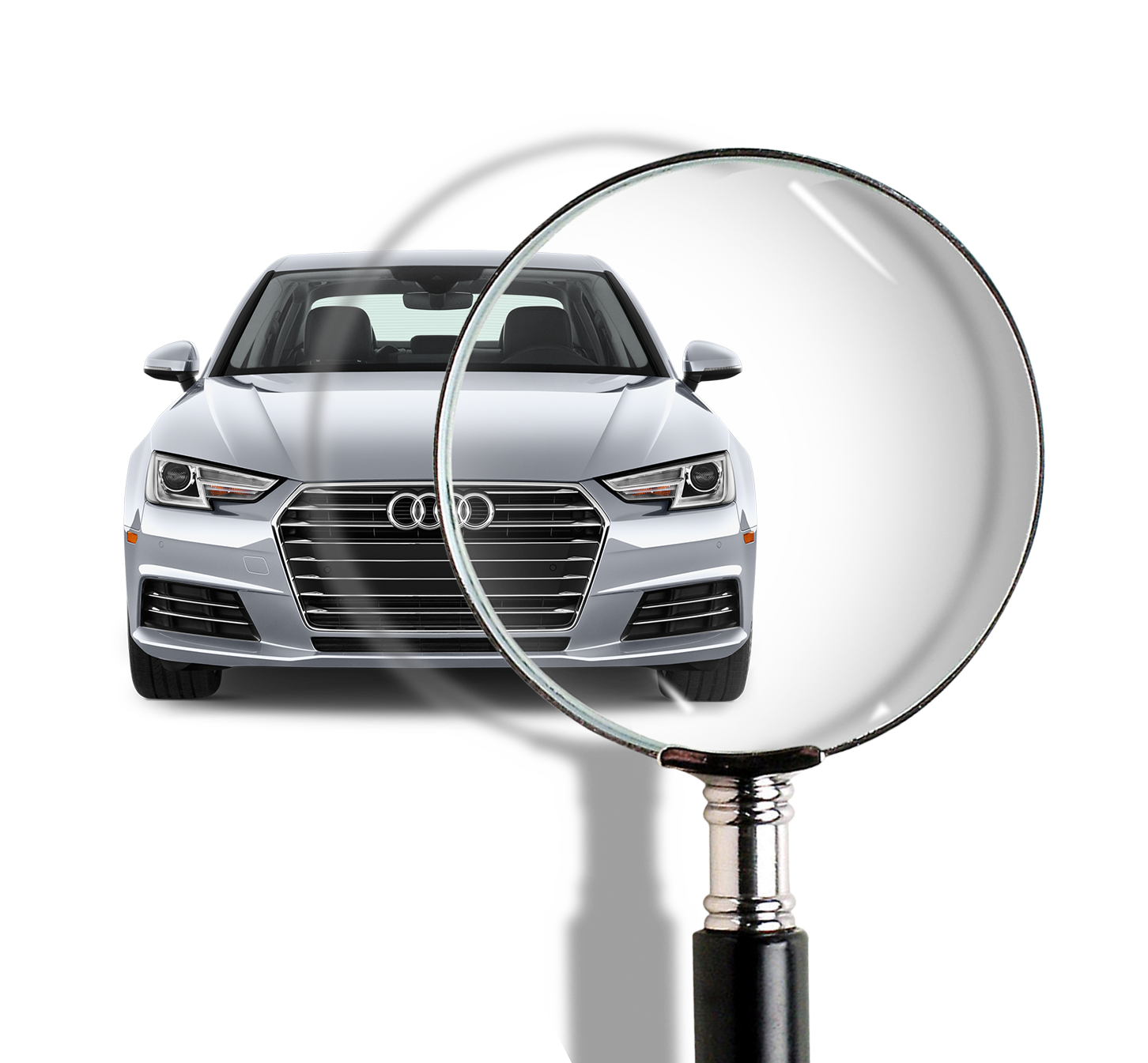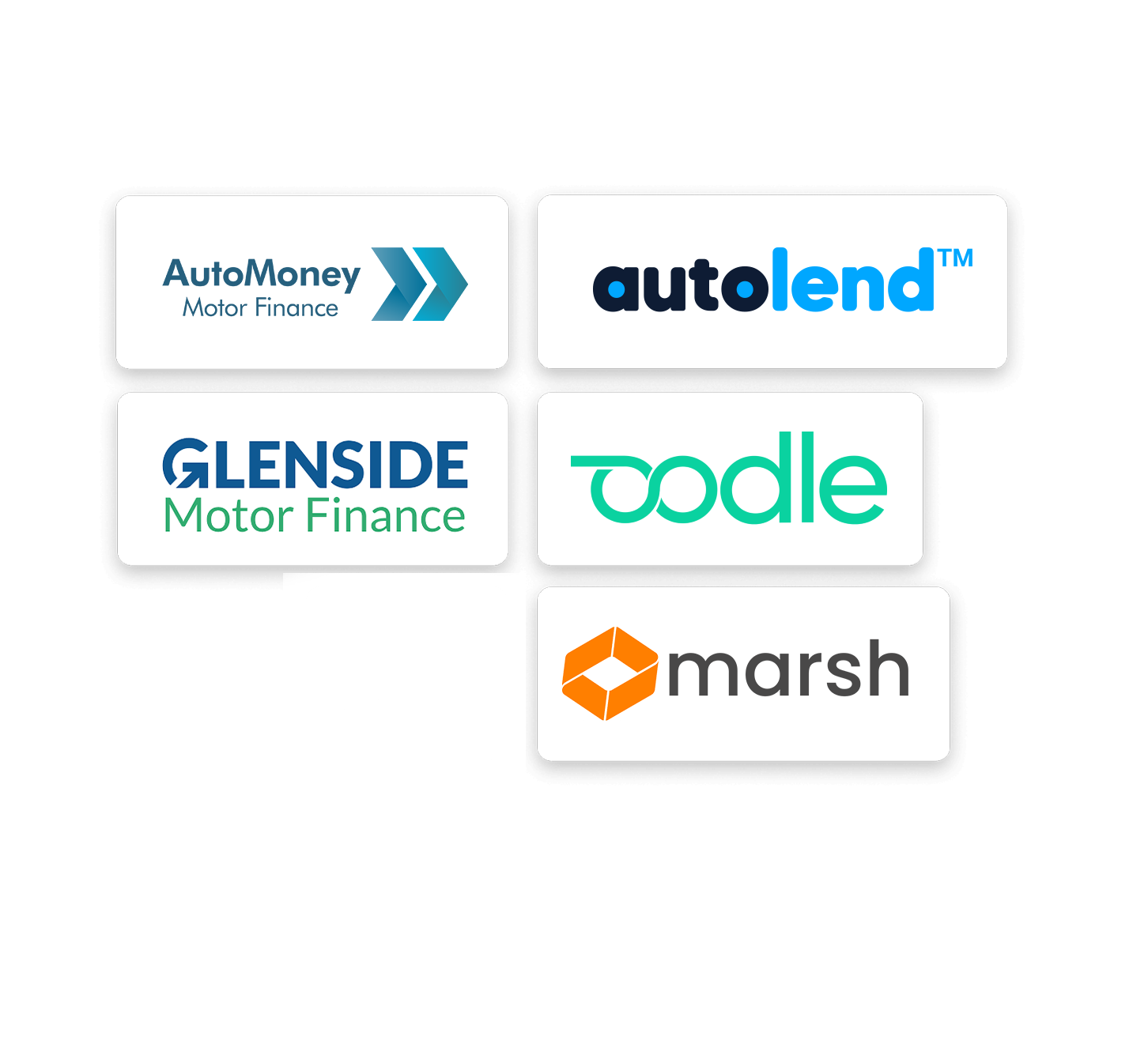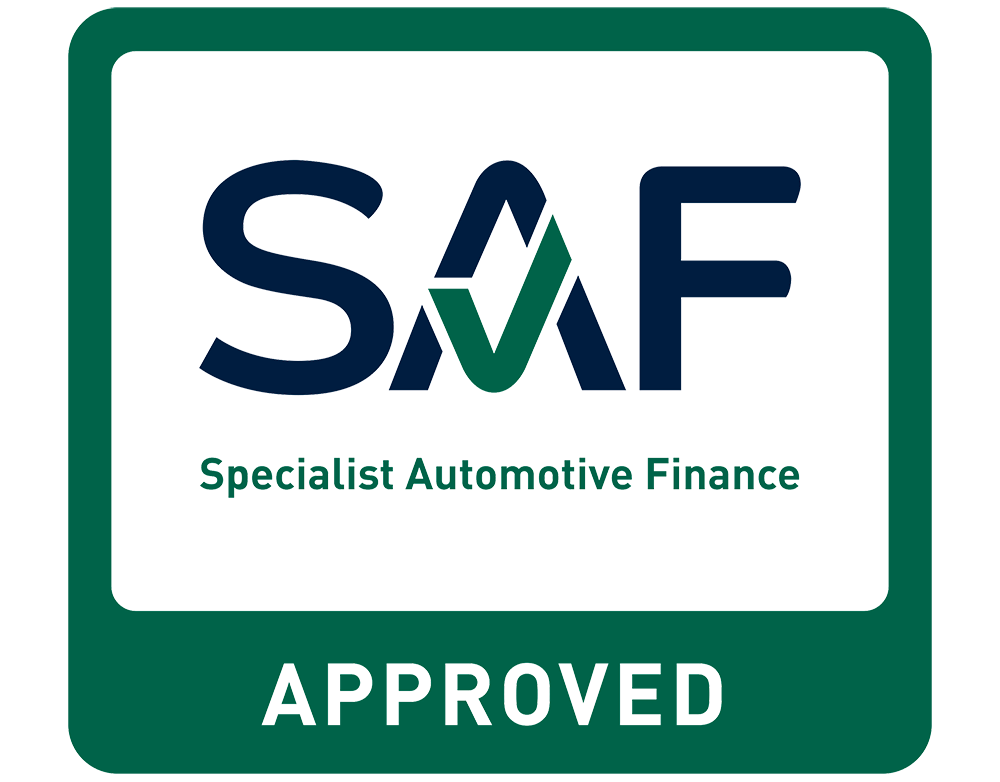Business Car finance


*Representative example: Borrowing £5,500 over 4 years with flat rate of 10.4% and a representative APR of 19.8%, and a deposit of £0, the amount payable would be £162 per month, with a total cost of credit of £2,282 and total amount payable of £7,782. Finance subject to status. 18+ only.
We are always looking to find the best rates from our comprehensive panel of lenders. This means you will be offered the best deal available for your business circumstances. There is no fee attached to this service but in the spirit of honesty, we do earn a commission from the lender. This has no bearing on the interest rate you are offered.
Rates from 7.9% APR. Representative APR 19.8%

Should I finance a car through my business?
As with a personal finance agreement, you have a variety of options with business car finance. Deciding whether to finance a vehicle through your business comes down to a few factors:
- Is the vehicle going to be used for business miles more than personal?
- How established is your business and how consistent are it’s revenue streams?
- Can your business afford the monthly payments?
- Have you discussed the potential purchase with your accountant?
Do I qualify for business car finance?
Taking out a business car finance agreement will depend on a few things and there are limits to who can take up this option. You will need to fall under one of the following categories to qualify for a business car loan agreement
- A limited company, or private limited company (PLC)
- A sole trader
- A partnership
- A limited liability partnership
- A VAT-registered company
Some lenders will also look at a business agreement for a new business too.
HP vs BCH (Business Contract Hire)
Business contract hire is typically more common among people looking to finance a car through their business. Often these vehicles are used with efficiency in mind and are rarely kept at the end of the payment term. With BCH, you are paying off the amount the car is expected to lose in value during your contract period. This will be determined by contract length, car model and agreed mileage.
That being said, not all cars purchased through a business are used in the same way, so HP is still very much an option if you want to own the car at the end of the loan agreement. You will also find that unlike BCH, there are no mileage limits with HP. This means if you are covering a lot of business miles, Hire Purchase for business could be the way to go.
Can I claim back tax on business car finance?
One of the main attractions with business car finance is the ability to claim back ‘Up To’ 100% of the VAT on the payments. If your business is VAT registered and you are using your vehicle for business use only, you can reclaim 100% of the VAT. If you intend to use the vehicle for personal use as well, you would typically only be able to claim 50% of the VAT back.
Business expenses – How does that work?
You are able to claim back the monthly instalments on your new vehicle as a business expense, as well as road tax and fuel costs. The amount you claim however will be based on the CO2 emissions.
A car with emissions lower than 130g/km will allow you to claim the full amount, however if your new car produces a CO2 number over this amount, you can only claim 85%.
Why use CarFinanced for business car finance?
CarFinanced was built to help business owners drive the car they really want regardless of their size or circumstances. Our mission is to give you the options so that you can make the best decision based on your business needs.
Even with zero deposit, we can help find you the best business car finance deal. So whether it’s the new executive cruiser, a van or a pick-up, we are here to help.
Frequently Asked Questions
At CarFinanced, we allow everyone to check whether they are eligible to be approved for finance within a few minutes. Share some small details with us and our lenders will use that information to carry out a soft credit search to give you an answer with the best deals right away.
Annual percentage rate (APR) is the interest rate applied to your loan. Predominantly, it is the yearly cost of your borrowing. You will pay this on top of the sum that you have applied for. If you take out a long-term loan, the total amount payable will be more, as you will be paying interest for a longer amount of time.




